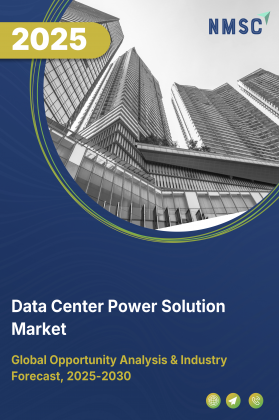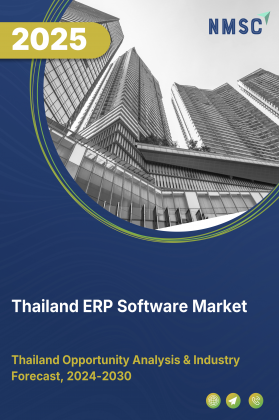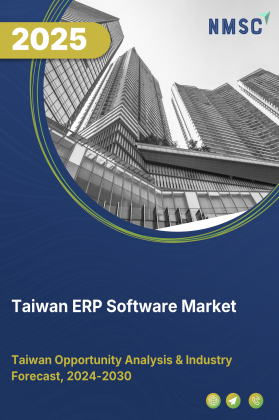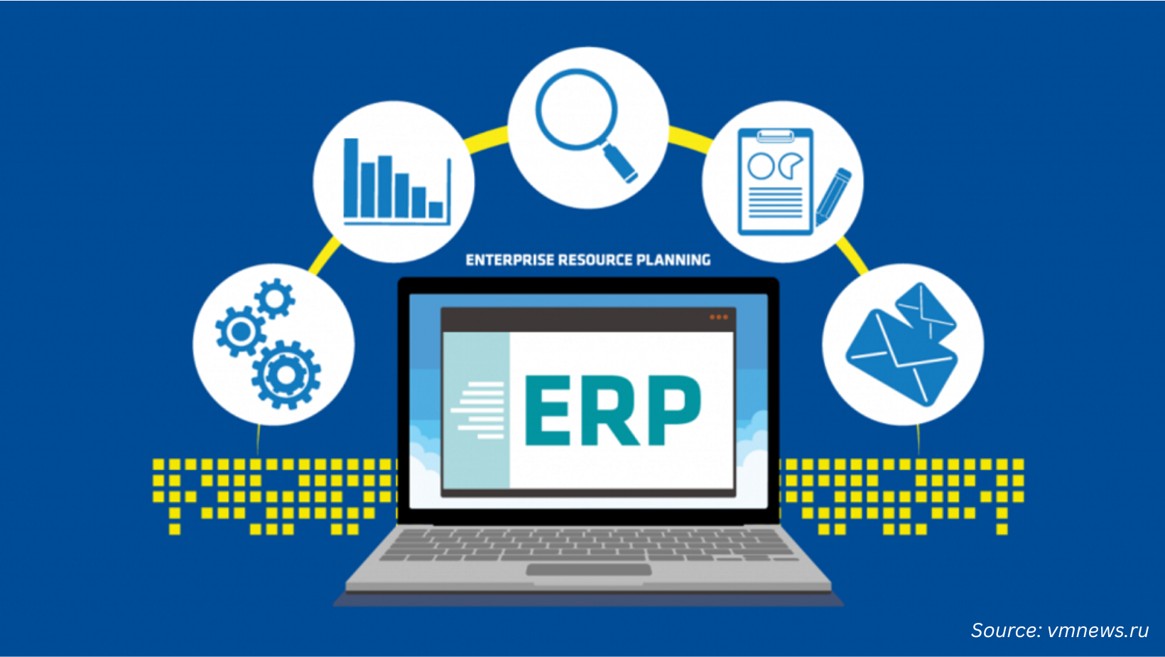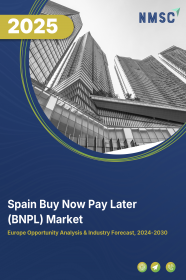
Spain Buy Now Pay Later (BNPL) Market by Channel (Online and Point of Sale (PoS)), by Enterprise Type (Small And Medium Enterprises (SMEs), Large Enterprises), by Application (Consumer Electronics, Fashion & Garments, Media & Entertainment, Healthcare & Wellness, Automotive, Furnishing, Others), by End user (Generation X, Generation Z, Millennials, Baby Boomers) - Opportunity Analysis and Industry Forecast, 2024– 2030
Industry: ICT & Media | Publish Date: 23-Oct-2025 | No of Pages: 113 | No. of Tables: 79 | No. of Figures: 44 | Format: PDF | Report Code : IC2135
Spain Buy Now Pay Later (BNPL) Market Overview
The Spain Buy Now Pay Later (BNPL) Market size was valued at USD 1.08 billion in 2023, and is predicted to reach USD 8.73 billion by 2030, at a CAGR of 29.3% from 2024 to 2030. Buy now pay later (BNPL) is a convenient short-term financing option that allows consumers to defer payment for purchases to a later date. This payment method, structured with an installment plan, involves consumers, financiers, and merchants, enabling customers to shop online and in stores without immediate full payment. BNPL is versatile, covering a wide range of purchases from everyday items including clothing and electronics to larger expenses such as home improvement products.
The popularity of BNPL is on the rise due to its numerous advantages for consumers. It provides a flexible way to buy high-cost items such as smartphones and laptops, pay for educational expenses including tuition fees and stationery, and even cover daily expenses such as canteen bills. Additionally, the introduction of zero-interest payment options by BNPL providers makes this payment solution even more appealing to customers, offering them a convenient and attractive payment alternative.
Mobile Wallet and Smartphone Uptake Drive BNPL Usage
Spain’s widespread adoption of smartphones and mobile wallets has catalyzed BNPL growth by making installment options instantly available at consumers’ fingertips. With over 85% of Spaniards owning a smartphone and more than half using digital wallets for everyday purchases, BNPL providers leverage app-based integrations and one-click checkout experiences to offer seamless payment plans. This mobile-first approach caters to on-the-go shoppers who prefer quick, in-app financing rather than lengthy application processes, effectively increasing BNPL adoption across diverse demographic segments.
Regulatory Clarity and Institutional Partnerships Boost Consumer Confidence
Recent progress toward regulatory oversight in Spain and across the EU has pushed BNPL providers to improve transparency, conduct basic credit assessments, and clearly disclose fees. This enhanced consumer protection framework, coupled with stronger partnerships between fintech BNPL platforms and established banks (e.g., CaixaBank, BBVA), has elevated trust in point-of-sale financing. As a result, risk-averse consumers feel more comfortable choosing BNPL, driving broader acceptance among demographics that previously viewed installment credit with skepticism.
Growing Concerns Over Consumer Debt Accumulation Hamper BNPL Market Stability
A rising concern within the Spanish BNPL market is the growing risk of consumer over-indebtedness, particularly among younger, financially vulnerable users. The ease of access and minimal entry barriers to BNPL services—often without stringent credit checks—can encourage impulsive spending and result in users juggling multiple installments plans across platforms. As repayment obligations accumulate, some consumers may struggle to meet deadlines, leading to defaults or reliance on additional credit to cover existing debts.
This growing risk has drawn attention from consumer protection groups and financial regulators in Spain and across the EU. Mounting scrutiny could lead to stricter eligibility criteria and limitations on repeated usage, which may reduce consumer adoption rates and transaction volumes. To counter this restraint, BNPL providers must implement stronger affordability assessments, promote financial education, and maintain transparent communication around repayment terms and consequences, ensuring long-term sustainability and user trust in the market.
Expansion into Non-retail Sectors Creates New Opportunities for Market Growth
The integration of BNPL services into non-retail sectors such as healthcare, education, travel, and home improvement is opening new avenues for market expansion in Spain. By offering installment-based payment options for high-value services—like medical treatments, professional courses, and renovation projects—BNPL providers are addressing growing consumer demand for financial flexibility beyond traditional retail. These sectors typically involve larger upfront costs, and BNPL enables users to access essential services without the burden of immediate full payment.
Moreover, the inclusion of BNPL in these industries not only diversifies its application but also attracts a broader customer base, including older consumers and families with stable income seeking responsible, short-term financing. This strategic shift enhances consumer engagement and positions BNPL as a versatile financial tool across various aspects of daily life. As a result, expanding into non-retail sectors presents a significant opportunity for providers to boost transaction volumes, improve user retention, and strengthen their market presence in Spain.
Competitive Landscape
The market players operating in the Spain buy now pay later industry include Klarna, PayPal Holdings, Inc, ViaBill, Splitit, scalapay, Aplazame, Alma, Oney Bank, SeQura, Zinia and others.
Spain Buy Now Pay Later Market Key Segments
By Channel
-
Online
-
Point of Sale (PoS)
By Enterprise Type
-
Small and Medium Enterprises (SMEs)
-
Large Enterprises
By Application
-
Consumer Electronics
-
Fashion and Garments
-
Media and Entertainment
-
Healthcare and Wellness
-
Automotive
-
Furnishing
-
Others
By End User
-
Generation X
-
Generation Z
-
Millennials
-
Baby Boomers
Key Players
-
Klarna
-
PayPal Holdings, Inc
-
ViaBill
-
Splitit
-
scalapay
-
Aplazame
-
Alma
-
Oney Bank
-
SeQura
-
Zinia
Report Scope And Segmentation
|
Parameters |
Details |
|
Market Size in 2023 |
USD 1.08 Billion |
|
Revenue Forecast in 2030 |
USD 8.73 Billion |
|
Growth Rate |
CAGR of 29.3% from 2024 to 2030 |
|
Analysis Period |
2023–2030 |
|
Base Year Considered |
2023 |
|
Forecast Period |
2024–2030 |
|
Market Size Estimation |
Billion (USD) |
|
Growth Factors |
|
|
Companies Profiled |
12 |
|
Market Share |
Available for 10 companies |
|
Customization Scope |
Free customization (equivalent up to 80 working hours of analysts) after purchase. Addition or alteration to country, regional, and segment scope. |
|
Pricing and Purchase Options |
Avail customized purchase options to meet your exact research needs. |

















 Speak to Our Analyst
Speak to Our Analyst



